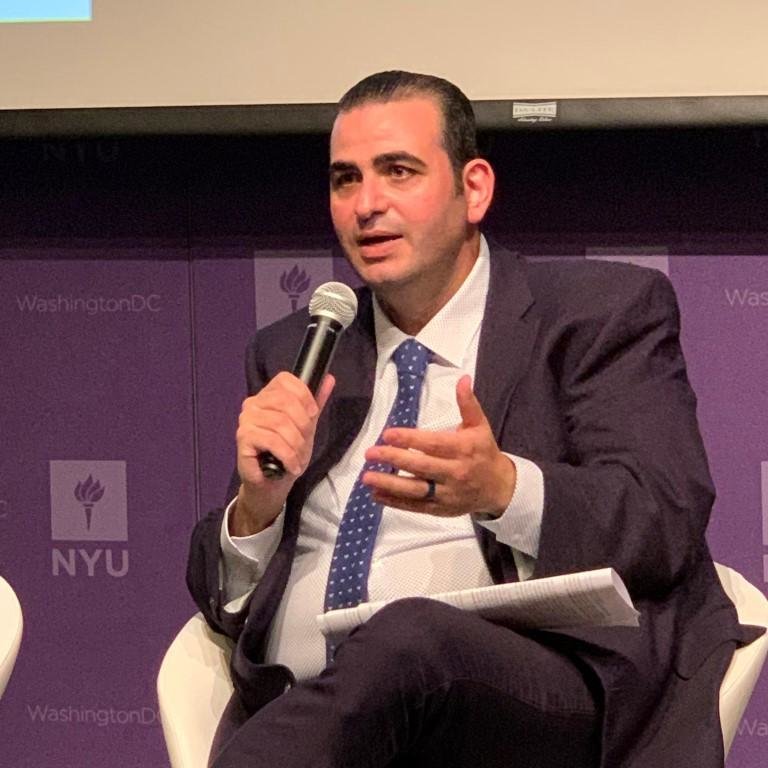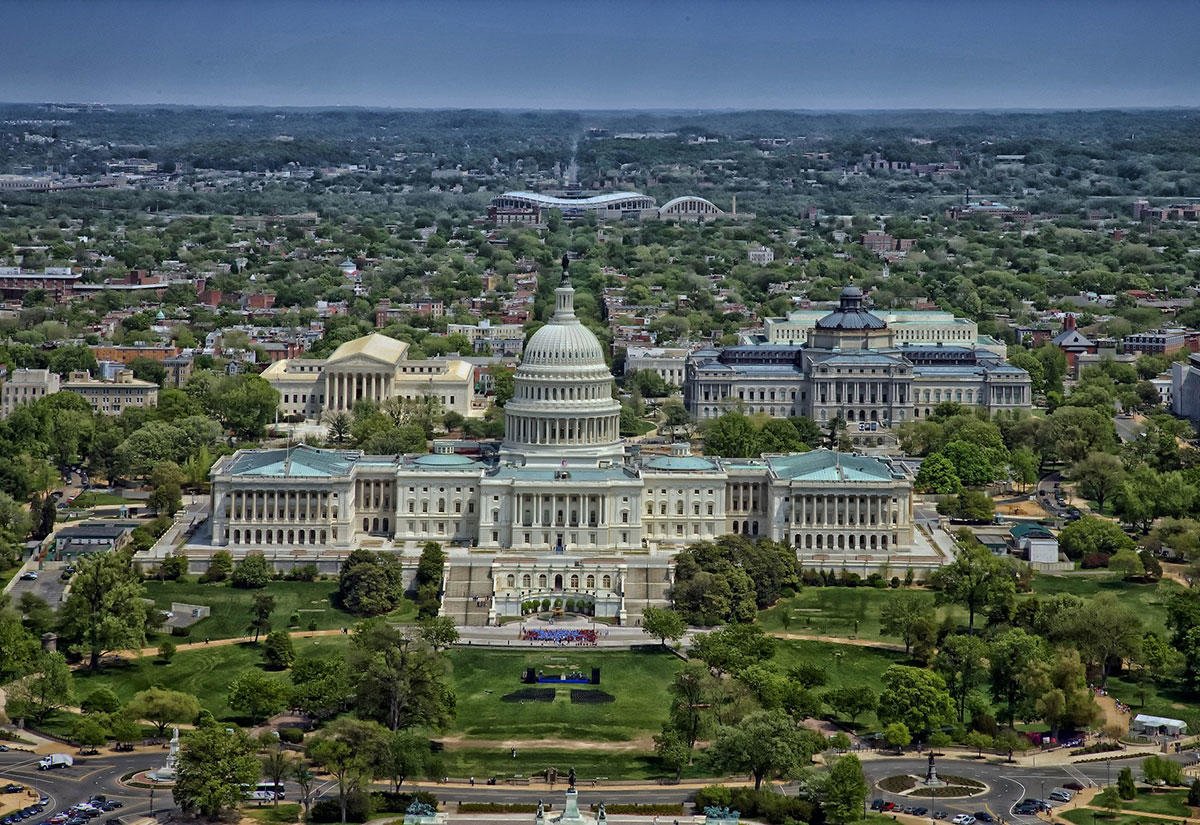
Whitewash: why Americans of Middle East heritage want changes to US census
Calls are mounting for a separate Middle East and North Africa (MENA) category to be added to the United States census after not being included in 2020, according to experts.
The census, which has taken place every 10 years since 1790, allows the federal government to collect data which is then used for a variety of factors, including congressional seats and how federal spending is distributed across the country.
Despite years of lobbying efforts on behalf of the Arab-American community and other Americans of broader MENA ancestry – including Iranian, Chaldean, Kurdish and Turkish-Americans - however, the 2020 census includes no separate category.
In many cases, Americans of Middle Eastern or North African ancestry are forced to identify as ‘white’.
In an interview with Arabian Business, Abed Ayoub, the director of legal and policy affairs of the Washington DC-based American-Arab Anti-Discrimination Committee (ADC), said that a failure to include a MENA category on the census means that the community still has no firm grasp on its size in the US.
“We don’t have an exact count because we’re not counted on the census,” he said. “We’re for the option, [because] it will help us get a better understanding of our community’s needs and where we’re at.”
In 2015 – during the Barack Obama administration – the Census Bureau conducted a study that concluded that it was “optimal to use a dedicated Middle Eastern or North African category” in the 2020 census.

“We felt we were close,” Ayoub added. “The Obama administration did take the steps to have it added to the form, but the Trump administration revamped the forms and removed the option.”
No reason was ever given by the Trump administration for the reversal.
Benefits of a MENA category
Matthew Jaber Stiffler, a professor of Arab-American studies at the University of Michigan, said that there are several reasons why a separate MENA category would benefit members of the Arab-American and other communities.
For one, a separate category would allow them to “see themselves and where they are within this American society.”
“Many people from MENA don’t want to check ‘white’. They don’t feel white, and are technically not white,” he added. “It’s about having a place you can call home.”
Additionally, a MENA category – which would have to be recognized by the federal Office of Management and Budget (OMB) – would make the community “more visible” across government agencies, Stiffler added.
“It’s not just the census. It’s every federal job or grant application, the National Institutes of Health, the Center for Disease Control, you name it,” he said. “If you’re recognised as a minority community, you have more protections and access to funding.”
According to Stiffler, the importance of this recognition has been starkly highlighted by the ongoing Covid-19 pandemic.
“We know, for example, that in certain Arab-American communities, Covid-19 is having a particular impact on Arabs. But, it’s hard to study that because under the Office of Minority Health, a federal office, Arabs are not considered minorities,” he said. “You can’t get good statistics to study Arab-Americans and MENA folks. It’s everything.”
A change on the horizon?
To date, the administration of US President Donald Trump has yet to commit itself to supporting policy changes that would see a MENA category added to the next census, which is slated for 2030.
Democratic presidential candidate Joe Biden, on the other hand, voiced its support for the community in a platform released earlier this year that addressed specific domestic and foreign policy issues that are of interest to Arab-Americans.
“[Joe Biden will] support the creation of a new Middle East North African (MENA) category, which was recommended by the US Census Bureau in 2017, so that Arab-Americans can be more fairly counted and their needs studies and considered alongside other minorities,” the platform read.

“The Trump Administration politicised the 2020 Census, putting marginalised communities at risk of a drastic undercount, and abandoned the addition of a MENA category on the census.”
Although Stiffler did not comment specifically on the Biden administration, he said that any administration that “recognises science and data” and is willing to listen to minority communities will “definitely move forward” with the issue.
“I’m confident that on the 2030 census, not only will this issue be solved, but I have a lot of faith that as a nation we will realise that there are better ways to characterise race and ethnicity,” he said.
Additionally, Stiffler and others are encouraging Arab-Americans and other US citizens descendent from the MENA region to use the opportunity to fill out details of their ethnicity on the 2020 census, even if they are forced to characterise themselves as white, black or Asian.
“They should write anything. Check white, black or Asian, but also put Syrian, or Middle Eastern. The Census will aggregate that into a nice MENA category for us,” he said. “We should have the most accurate data on our community that we’ve ever had. We’ll find out next year when the data is compiled and released.”
Five Things We've Learned:
1. Despite years of lobbying, there is no separate category for Americans of MENA ancestry on the 2020 census
2. While the Obama administration was open to a policy change, the move was reversed by the Trump administration with no reason given
3. A separate category would make Americans of MENA ancestry more visible to government agencies and functions, from healthcare to funding
4. The Joe Biden campaign has voiced its support for a separate MENA category
5. Arab-Americans and others of MENA ancestry are being encouraged to specify their national origin in addition to the existing categories on the 2020 census











